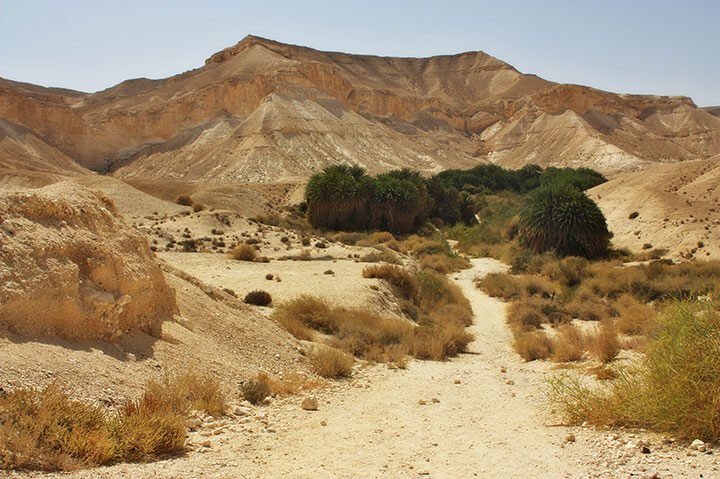I lift up my eyes to the hills—
from where will my help come?
My help comes from the LORD
who made heaven and earth…
Psalm 121:1-2
My wife Rita and I returned recently from the beautiful red hills of Sedona, Arizona. I am always refreshed and renewed by looking out at Cathedral Rock, Courthouse Butte, Steamboat Rock and other magnificent cliffs. I have often seen color photos of those red hills with Psalm 121:1 in the King James photo-shopped over them: “I will lift up mine eyes unto the hills, from whence cometh my help.”
While such photos might make for nice travel brochures and calendars, the psalmist is not looking to the hills for help in his life journey. The psalmist’s meaning is brought out in modern Bible translations, such as the one above from the New Revised Standard Version. As the psalmist is contemplating his journey to Jerusalem to worship, he thinks about the hills before him and asks: “I lift up my eyes to the hills—From where will my help come?” After asking that question, the psalmist is quick with his answer: “My help comes from the LORD who made heaven and earth.”
Hills presented many dangers and obstacles for the Hebrews “going up to Jerusalem.” A quick check of a Bible concordance shows that hills represented the following:
- place of loneliness and abandonment (Judges 11:37-38; 1 Kings 22:17);
- place of enemies and bandits (Numbers 23:7; Judges 6:2);
- place of wild animals (1 Samuel 26:20; 1 Chronicles 12:8);
- place where one could slip and fall (Jeremiah 13:16);
- and a place where pagan gods were worshipped (Deuteronomy 12:2; Hosea 4:13).
The psalmist is likely contemplating not only a physical journey to Jerusalem, but also his life journey. So he asks, where will he find help in the days ahead?
It is important for us to pick up the change of speaker in the next verse, as another voice speaks encouragement to the psalmist:
“He will not let your foot be moved;
he who keeps you will not slumber.
He who keeps Israel
will neither slumber or sleep.
The LORD is your keeper.”
vv. 3-5a
That last phrase, “The LORD is your keeper” is placed strategically in exact middle of the psalm; there are 15 Hebrew syllables preceding it, and 15 Hebrew syllables following. This phrase is intended to stand out as the message of the psalm: “The LORD is your keeper.” The Lord as our Keeper is based on the 15 Hebrew words of the Aaronic Blessing in Numbers 6:24-26:
“The LORD bless you and keep you;
the LORD make his face to shine upon you, and be gracious to you;
the LORD lift up his countenance upon you, and give you peace.”
Numbers 6:24-26)
As you walk the journey ahead, let the central message be: “The LORD is your keeper.”
“The LORD will keep you from all evil;
he will keep your life.
The LORD will keep
Your going out and your coming in
From this time on and for evermore.”
vv. 7-8
No one knows what the future holds for any of us. But, there are likely some challenges and dangers in the “hills”. We might wonder, we might even worry, from where our help will come. The psalmist gives us the answer: the Lord is your keeper! He doesn’t sleep on the job! The Lord will bless and keep you, now and forever!
Grace and peace,
Tim



